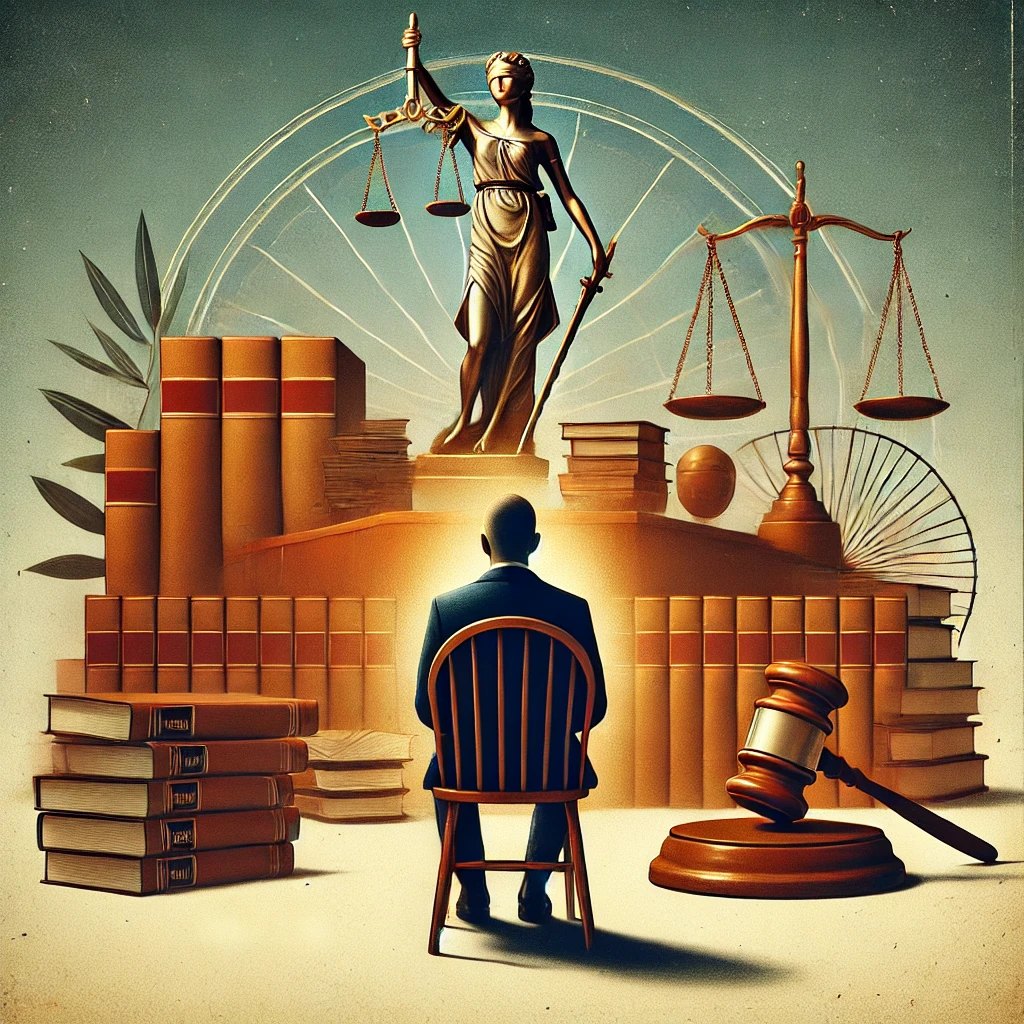Introduction
In Part 1, we explored your constitutional right to self-representation, along with the competency requirements and risks. Here in Part 2, we’ll discuss situations where self-representation might be viable, the realities of courtroom expectations, and why having a defense attorney often proves invaluable.
When Self-Representation May Be Considered
While generally not recommended, self-representation may be considered in specific scenarios:
– Minor Offenses – For lesser charges with minimal consequences, you might self-represent to avoid legal fees.
– Straightforward Cases – If your case doesn’t involve complex evidence or testimony, it may be more manageable to represent yourself.
– Lack of Resources – In situations where hiring a lawyer is financially impossible and you don’t qualify for a public defender, self-representation may be your only option.
Even in these situations, consulting with an attorney beforehand can clarify potential legal issues, helping you navigate more effectively.
Judicial Treatment of Self-Represented Defendants
Judges are required to ensure a fair trial for all defendants, but their approach to self-represented individuals varies:
– High Standards – Many judges will hold you to the same standards as a lawyer, requiring a full understanding of legal procedures, filing motions, and courtroom etiquette.
– Some Flexibility – While some judges may be slightly more lenient with self-represented individuals, they won’t tolerate procedural violations or excessive delays.
Regardless of the judge’s approach, representing yourself without a lawyer means facing the complexities of court independently.
Why Legal Representation Matters
Even if self-representation is a right, it’s often not the best choice. A criminal defense attorney can make a substantial difference by:
– Identifying Key Defenses – Experienced attorneys can identify legal defenses and strategies you may not be aware of.
– Handling Complex Procedures – Navigating court protocols can be challenging; having an attorney ensures no step is missed.
– Reducing Emotional Stress – Facing criminal charges is tough; a skilled lawyer can alleviate the burden, allowing you to focus on your life.
Conclusion
While self-representation might seem appealing, the stakes in criminal cases are too high to face alone. The legal system is complex, and a seasoned criminal defense attorney can protect your rights, develop a robust defense, and improve your chances of success. Don’t risk your future by going it alone. Contact my office today for a consultation, and let’s build a defense that gives you the best possible outcome.

